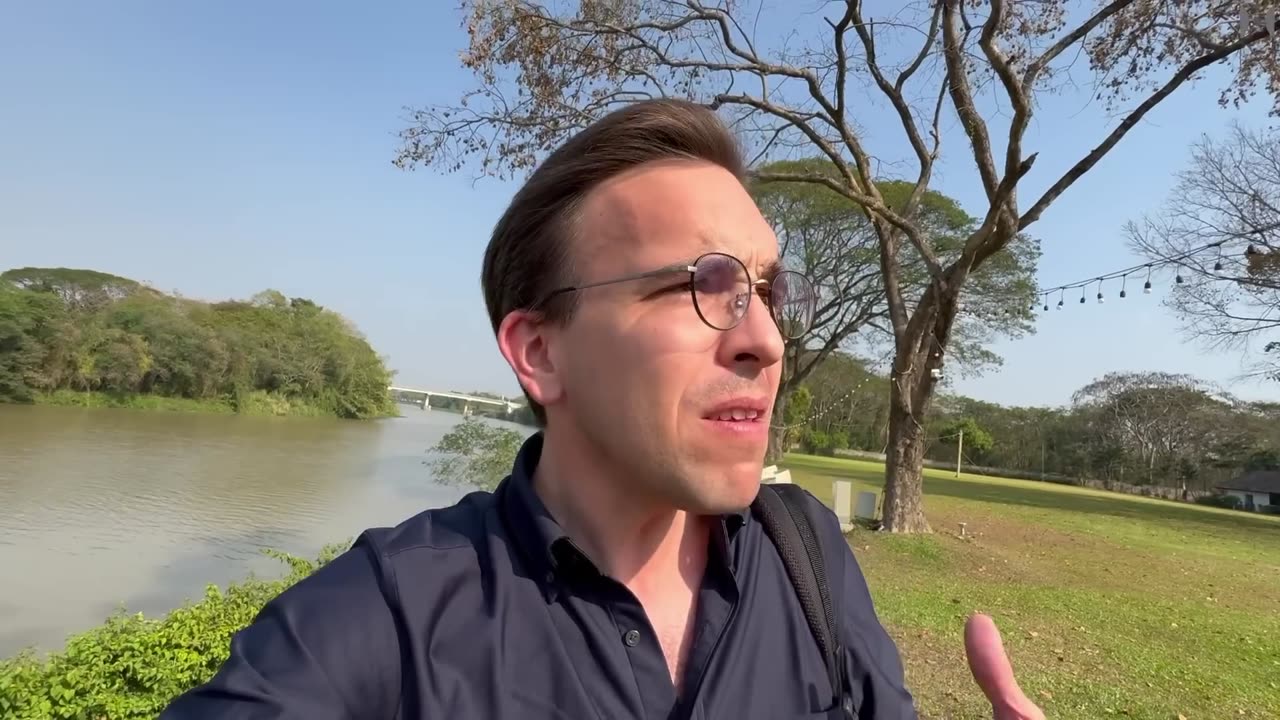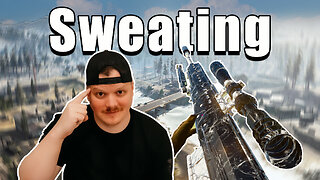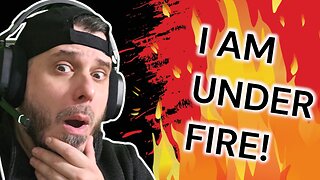Premium Only Content

What if I'm wrong?
Pascal Lottaz, discusses the limitation of knowledge, and certainty.
https://neutralitystudies.com/
There is always a possibility that an analyst gets things wrong. Statistically, its highly likely given sufficient quantity of decisions that a small number of them will classify the correct answer, as a false answer. And the false answer as the correct one. i.e. A false positive, or a false negative.
Asking anyone (even a trained academic) to provide the correct answer 100% of the time, is unreasonable, and irrational.
Also in information warfare, publishing information that causes misclassification is the objective.
The obvious danger to the academic is one of their misclassifications is used as a basis by political opponents to terminate their employment.
For this reason academics, like lawyers, are very reluctant to make statements unless they can be proved irrefutably. This often leads to weak statements, and slowness in building the structure, of a comprehensive analysis. Slow case building, but necessary.
There are also a lot of religious philosophies, about the truth being unknowable, or being something that is created autonomously by the individual. Both theories I reject.
Pascal correctly points out that if you have sufficient quantity of facts that have independent high probabity of being correct, all corroborating a theory, then the probability of error is reduced, and the likely hood of the theory being correct is high.
e.g. If I can explain 10 reasons why Neil Armstrong landed on the moon, probably it can be verified that it occurred.
Objective truth is disputed nowdays by some theoreticians.
But in reality, do I care if some theoretician disputes the existence of the light bulb being on in the kitchen? No, I base my assessment on reality that I can see the lightbulb shining. - These theoretical arguments are simply impractical.
If I want to check whether the US lies about overthrowing governments, I just read the history books. Or the public newspaper statements about Iraq, or Lybia or the invasion of Syria. etc.
Yes its possible to make a mistake, but even with errors, there are checks one can make. Does the conclusion of assessment withstand new information.
Therefore if new information is continually analysed, there will always be the possibility of changing a false classification, into the correct category.
This review of a fact, should never end until the probability of misclassification is acceptablely low.
Does that make you correct? If you follow this procedure? No, it doesn't. But it does ensure that one is very very likely to be correct.
-
 2:03:42
2:03:42
The Connect: With Johnny Mitchell
12 hours ago $3.65 earnedAmerican Vigilante Reveals How He Went To WAR Against The WORST Cartels In Mexico
9.89K1 -
 DVR
DVR
BlackDiamondGunsandGear
5 hours agoITS MA'AM!! / After Hours Armory / Are you threatening me?
12.2K1 -
 44:54
44:54
SouthernbelleReacts
8 days ago $0.40 earnedHIS RUG… I CAN’T STOP LAUGHING 🤣 | Big Lebowski Reaction
7.88K8 -
 2:17:46
2:17:46
megimu32
4 hours agoOFF THE SUBJECT: Reddit Meltdowns, Music Takes & Bodycam Breakdowns
32.9K7 -
 LIVE
LIVE
The Rabble Wrangler
10 hours agoRedSec with Mrs. Movies | The Best in the West Carries His Wife to Victory!
181 watching -
 DVR
DVR
DLDAfterDark
3 hours ago $1.32 earnedTrans Man's Death Threats To Christian Conservatives - Whistlin' Diesel Tax Evasion
15.4K1 -
 23:42
23:42
Robbi On The Record
2 days ago $6.36 earnedWhat's happening in the republican party?? BTS of Michael Carbonara for Congress
58.3K11 -
 4:53
4:53
PistonPop-TV
2 days ago $1.36 earnedThe G13B: The Tiny Suzuki Engine That Revved Like Crazy
10K -

GritsGG
6 hours ago#1 Most Warzone Wins 4000+!
23.7K2 -
 1:58:31
1:58:31
Joker Effect
4 hours agoSTREAMER NEWS: WHAT IS JOKER DOING?! Where is the streamer space going now?! Q & A
13.2K1